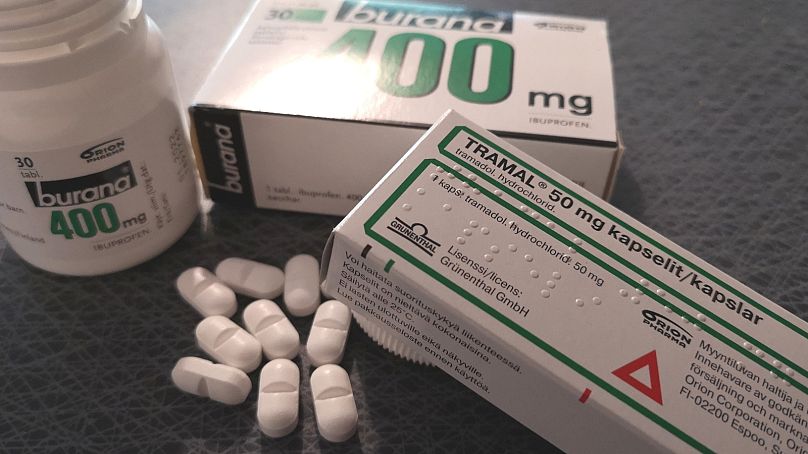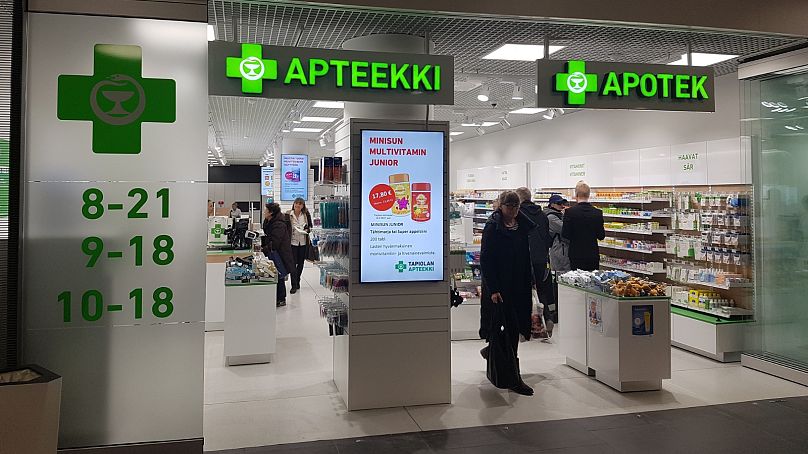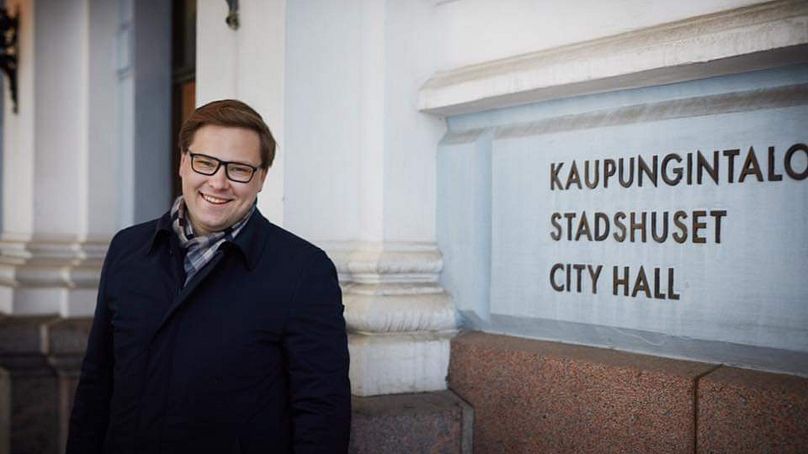The right-wing government's move against undocumented migrants has sparked resistance from city hall, political opponents and healthcare professionals alike.
Helsinki could become a 'sanctuary city', as the new right-wing government continues to crack down on undocumented migrants.
 ADVERTISEMENT
ADVERTISEMENT
 ADVERTISEMENT
ADVERTISEMENT
The latest move by Prime Minister Petteri Orpo's coalition government, which includes the far-right anti-immigrant Finns Party, would roll back legislation brought in at the start of the year by ex-PM Sanna Marin, which required local authorities to provide free basic healthcare for paperless migrants wherever they are in the country.
Now, the new government is set to undo that law, leaving cities to decide whether to continue on their own treating migrants who don't have a legal right to be in the country and access the public healthcare system.
It's part of a new package of measures aimed at creating a 'hostile environment' for migrants, including cutting access to social services and benefits, and exploring the possibility of deport them to a third country if they cannot go back to their home country.
The Finnish capital, and a handful of other cities, have vowed to continue treating undocumented people who need medical help, regardless of what the government wants.
"We feel it is really important to help these people, and we want to advocate for equality," explains Pipsa, a volunteer nurse at the Global Clinic in Helsinki, where paperless migrants can come for basic healthcare treatment, including first aid, no questions asked.
Overall the numbers are not huge, with Global Clinic treating around 300 undocumented migrants every year.
Those could be asylum seekers whose applications have failed, and final appeals exhausted, but who have not yet left the country; EU nationals, mainly from Romania or Bulgaria, who have been in the country for more than 90 days and have not regularised their stay; or any EU national who doesn't have insurance, or has not yet been granted access to the Finnish public healthcare system which can take months or even years in some cases.
"It is important that every undocumented migrant has the same rights, imagine a pregnant woman who needs a checkup or delivering the baby, and in some cities there has been challenges for pregnant women and children to get treated" says nurse Pipsa.
"We had such high hopes that finally we had this [Marin era] legislation that things would change, but now we are really disappointed that they will start to remove the legislation," she tells Euronews.
The range of services available to paperless migrants is rather limited, and at the very cheapest end of the healthcare cost spectrum.
Headaches, back pain, skin conditions, high blood pressure and diabetes monitoring are among the most common ailments which bring people to the free clinic in Helsinki, where they receive help from translators in Arabic, Bulgarian and Romanian, and other languages on-demand.
"It's quite cheap to have these basic checkups, but if you don't get treatment and medication, and things get much worse, then when a patient has to go to ER or be admitted into hospital the costs later will be much higher," says Pipsa.
"We are saying not only will it save money to have these free basic healthcare services, it will cost more to not have them, in the long run, and people will suffer," she adds.
At Helsinki City Hall the move to continue providing free services could put the administration on a collision course with the national government. Both the Mayor of Helsinki, and deputy mayor in charge of healthcare, come from Prime Minister Orpo's National Coalition Party - known locally as Kokoomus - and they're now marching out of step with the PM's wishes on this issue.
"It is also true that inside Kokoomus there are also differing views" Deputy Mayor Daniel Sazonov tells Euronews.
"This is not the first time – regardless of the parties represented in coalition government – that Helsinki has had its own policy that differs from the national policy," he adds.
Sazonov says it's his "duty" to serve the population of Helsinki "the best we we can."
"These possible changes in legislation will of course mean that Helsinki’s social services, healthcare and rescue departments budget will have to pay these services out of 'our own pocket'" - as they have been doing since 2017 - "but as a question of finances this is not a significant issue," he explains.
A decision to provide basic healthcare to paperless immigrants is, says Sazonov, "for me an easy problem" because the costs are reasonable, and Helsinki is able to handle the issue by itself. He also points to political agreement on the Helsinki City Council to continue providing these services.
However as well as criticism from political opponents nationally, the government's move to roll back healthcare rights has drawn the ire of the Finnish Medical Association.
"The government's intention is in complete contradiction with the fact that it has also announced that it will work determinedly to promote equality and non-discrimination in society," says the association's Lauri Vuorenkoski.
Will migrants move to Helsinki for healthcare?
With many Finnish cities either not providing basic free health services for paperless migrants - or about to stop the services soon - there is some concern that people will see Helsinki as a 'sanctuary city' for medical treatment.
In the US, a sanctuary city is a safe place for undocumented immigrants to go, knowing that local authorities won't cooperate with the national government to enforce immigration law.
Although the situation in Finland is different - medical professionals have no obligation to contact immigration authorities about someone's legal status in the country - it would be human nature to want to go somewhere with free healthcare.
"Research shows that access to healthcare is not the main reason why people are changing their location right now, but that's why it's important people can receive healthcare in the place they are staying," explains nurse Pipsa from the Global Clinic.
"But people will start to think about where they should go. Our helpline already had calls from all over Finland, from Lapland and Central Finland, so there are many undocumented migrants not only in the capital area, and there's no legislation in place to support them now."













